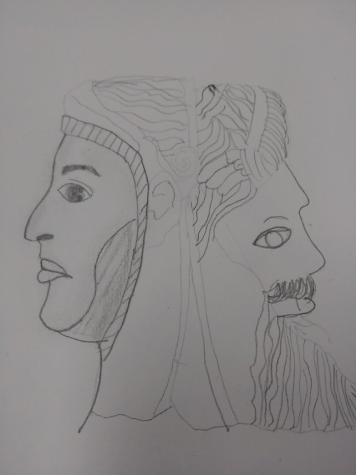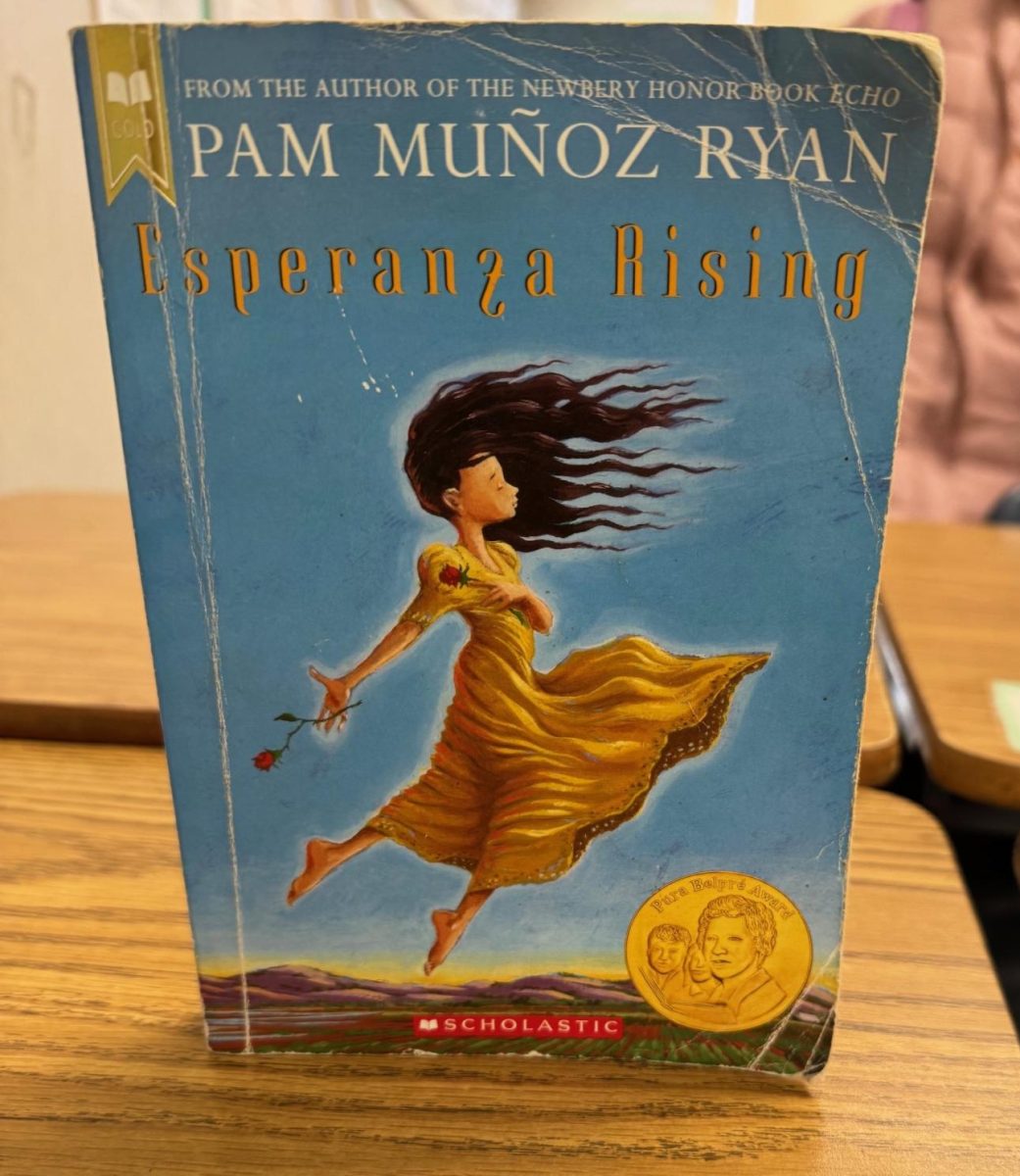Learning About the Old History of Our New Years
January 25, 2018
It’s that time of year again when we make our resolutions and we have feasts and parties to celebrate the holidays, one of which is New Year’s. Many people start the year with making New Year’s resolutions, which most people never achieve, but we being creatures of habit, continue the tradition anyway. Think—how many of us said we were going to lose weight in 2017 but never achieved it? Anyhow, the tradition of making resolutions for the New Year is perhaps quite older than you think.
The beginning of this tradition started all the way back with the Babylonians about 4,000 years ago. Even though their New Year started in March, they had an 11-day festival to celebrate and honor their gods so they would start the year in the gods’ favor. They also paid all debts, reaffirmed loyalty to their king and planted new crops to start the year. This is recorded to be the start of a New Year’s tradition.
Also in the ancient world, the Egyptians had a New Year’s tradition where they celebrated the annual flooding of the Nile River.
By 46 BC, Julius Caesar, a Roman Emperor, moved the date of the beginning of the new year to January 1. He did this to honor the ways of the god Janus, the Roman god of beginnings. Janus was said to look in the past but continue to move forward into the future. So this was a time for people to better themselves and have self-improvements by using past experiences to help them move forward. As the Romans did this, they made promises of self-improvement and productivity for the upcoming year.
For early Christians, this was a time to think about all the wrong they had done in the past and resolve them and move on in the future doing better than the previous year. They did this by having services and singing hymns and celebrating the year to come
So while some of us, may not be giving glory to gods on our New Year, we are striving to be a better version of ourselves to live out a better year. Even though we fail, we continue on the same tradition year after year, and so the history of resolution-making lives on and on.

(Artwork by Sereniti Huff)




